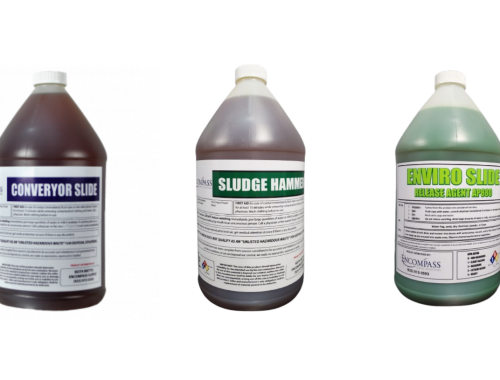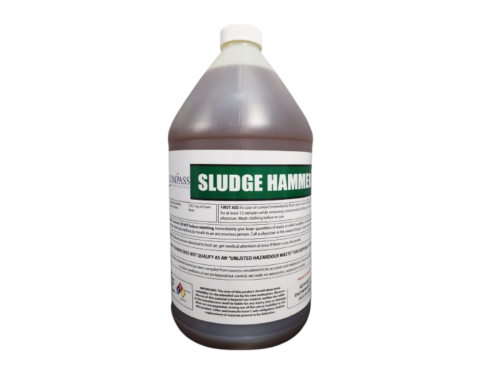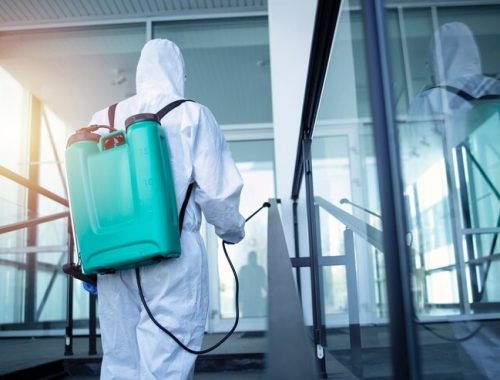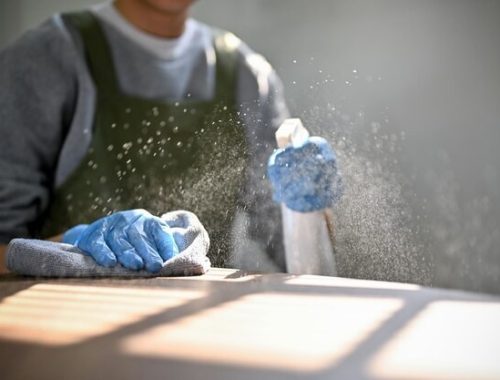Oil and grease stains on asphalt are more than just a cosmetic issue. These stains can seep into the surface, breaking down the asphalt and leading to costly repairs over time. Whether it’s a driveway, parking lot, or industrial pavement, preventing these stains is crucial for maintaining the integrity of your asphalt. Fortunately, with the right approach and asphalt industry cleaning products, you can minimize damage and keep your asphalt surfaces clean and durable.
Why Oil and Grease Stains Matter
Asphalt is a porous material, which makes it highly susceptible to stains from oils, grease, and other substances. When these materials seep into the surface, they can compromise the structural integrity of the asphalt, leading to cracks and deterioration. If left untreated, oil and grease stains can cause permanent damage, reducing the lifespan of your pavement and making it more expensive to maintain.
Proactive Measures to Prevent Stains
The most effective way to handle oil and grease stains is to prevent them from happening in the first place. By taking some simple precautions, you can reduce the likelihood of these stains causing long-term damage.
1. Sealcoat Your Asphalt
One of the most effective ways to protect asphalt from oil and grease stains is by applying a high-quality sealcoat. Sealcoating acts as a barrier, preventing oils and other liquids from penetrating the asphalt surface. This protective layer not only helps to maintain the structural integrity of the pavement but also gives your asphalt a fresh, clean appearance. Be sure to reapply sealant every few years to ensure optimal protection.
2. Use Protective Mats or Covers
In areas where vehicles are more likely to leak oil or grease, consider placing protective mats or covers underneath them. These mats will absorb any spills before they have a chance to seep into the asphalt. They are easy to clean and can be reused, making them a practical solution to prevent stains.
3. Regular Vehicle Maintenance
One of the most effective ways to prevent oil and grease stains is by maintaining the vehicles that park on your asphalt surfaces. Regularly inspect your vehicles for leaks, ensure oil is topped off, and repair any mechanical issues that could cause a spill. A well-maintained vehicle is less likely to create staining problems for your asphalt.
How to Effectively Remove Oil and Grease Stains from Asphalt
Even with the best preventive measures, oil and grease stains may still occur. The key is to address them quickly and use the right asphalt cleaning chemicals. Here’s how to clean up these stains effectively:
1. Use Asphalt Cleaning Chemicals
Asphalt industry cleaning products are specially designed to remove oil and grease stains without damaging the surface of the asphalt. Applying these products directly to the stained area will help break down the oils and make them easier to remove. Follow the manufacturer’s instructions for optimal results. Using the right cleaning chemical ensures that you clean the stains effectively without harming the asphalt surface.
2. Hot Water Pressure Washing
Once the cleaning chemicals have had time to break down the stain, use a hot water pressure washer to remove the oils from the surface. Hot water is effective at loosening the stain further, making it easier to rinse away. Ensure that the pressure washer is powerful enough to clean thoroughly, but not so strong that it causes damage to the asphalt.
3. Scrub the Stain
For stubborn stains, a stiff-bristled brush can help scrub away the grease. Use circular motions to lift the oils from the surface. Once you’ve scrubbed the area, rinse it thoroughly with clean water to remove any leftover residue.
4. Repeat as Needed
If the stain persists after the first attempt, don’t hesitate to repeat the process. Some stains require multiple treatments, especially if they’ve had time to settle into the asphalt. Patience is key, and with the right approach, you can restore the look and integrity of your pavement.
Final Thoughts
Preventing and removing oil and grease stains on asphalt doesn’t have to be a difficult task. With the right asphalt cleaning chemicals and a little proactive maintenance, you can keep your asphalt looking clean and functional for years to come.
At Encompass Supply Solutions, we offer a variety of high-quality asphalt cleaning chemicals that are designed to effectively remove stains and protect your surfaces. Whether you’re dealing with routine maintenance or tough stains, our products will help you keep your asphalt in top condition.





